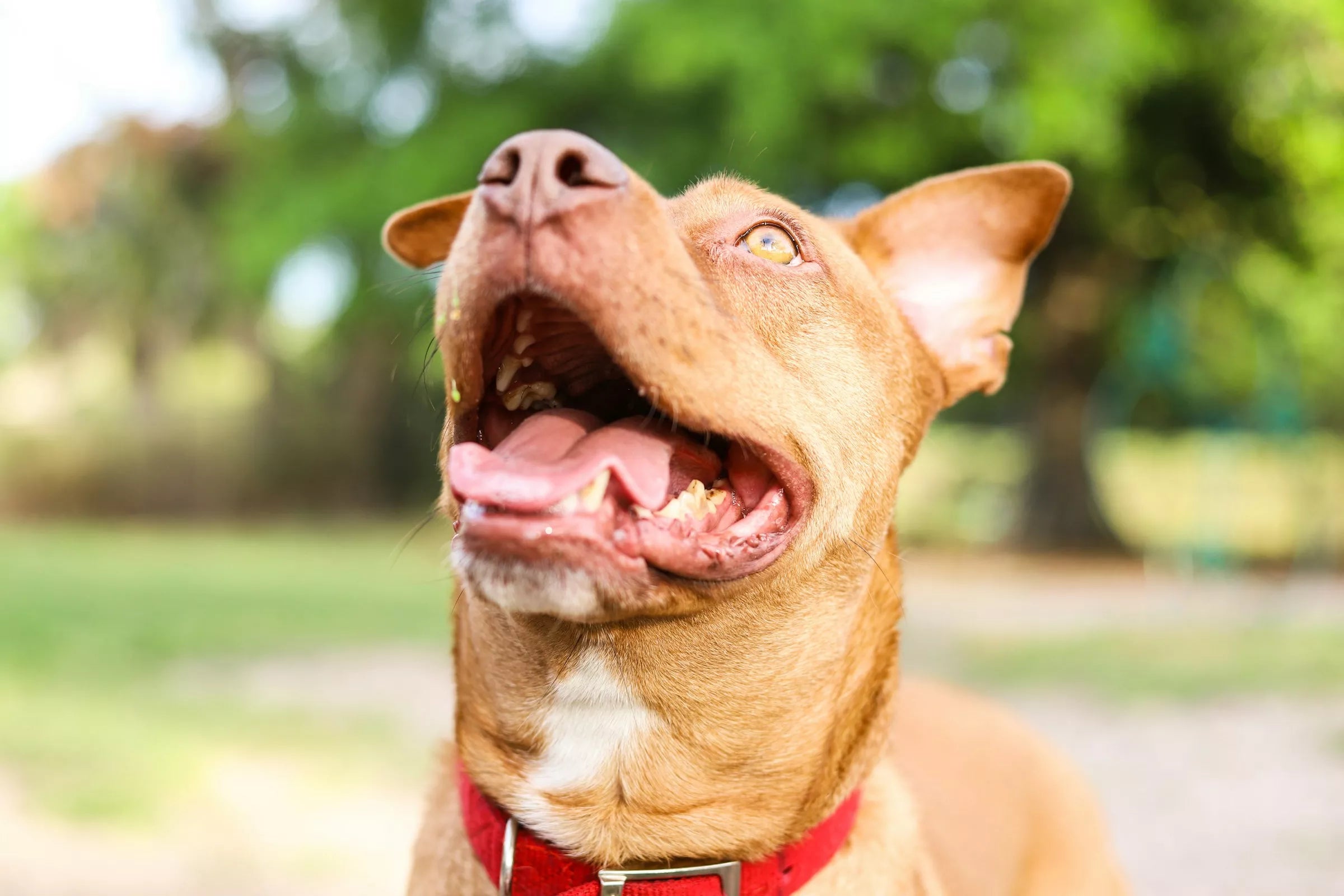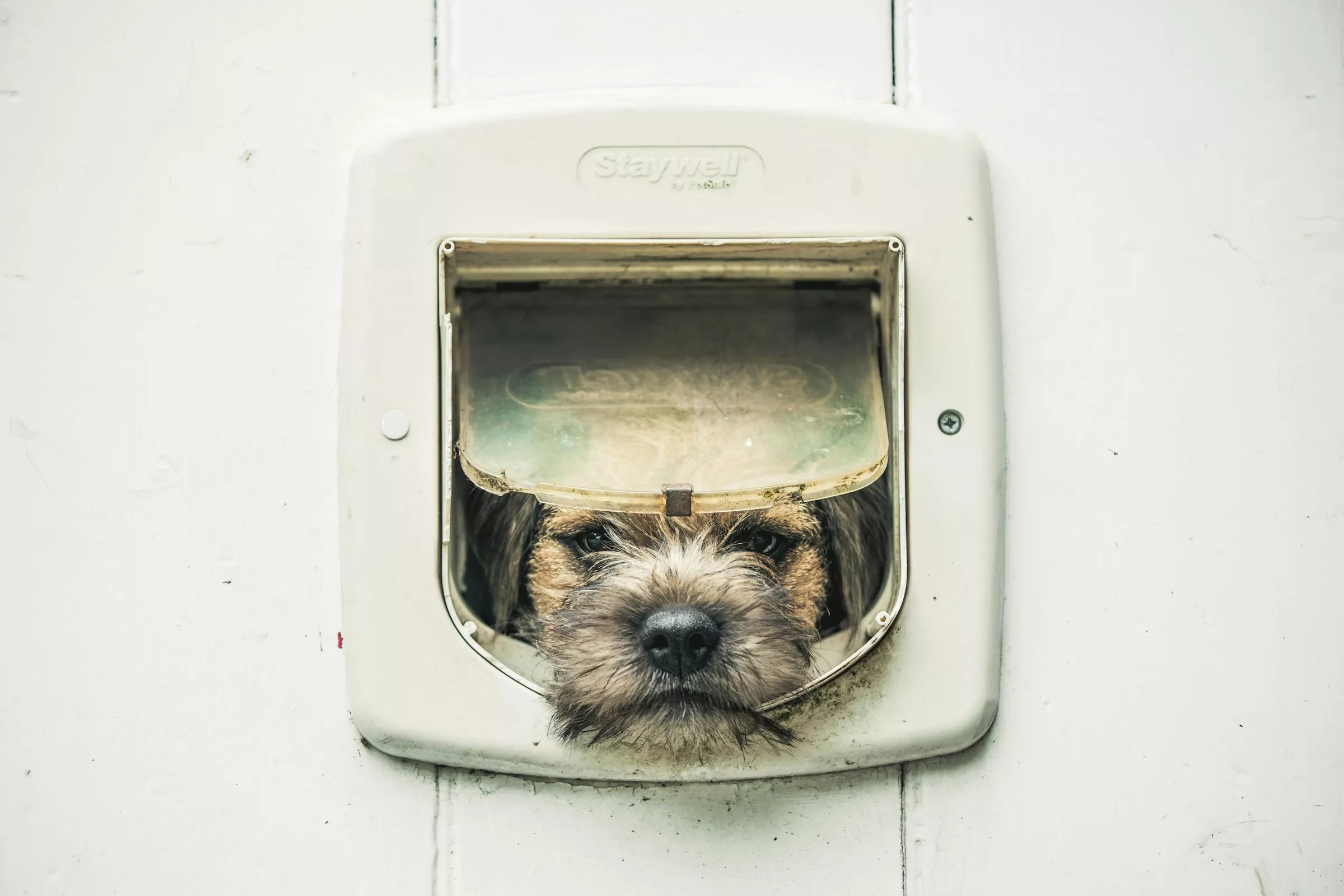Introduction
Hey there, fellow dog parents! Have you noticed any changes in your furry friend's behavior lately? As our beloved dogs get older, it's not uncommon for them to experience changes in their sight and hearing. Identifying these changes early can make a huge difference in ensuring they continue to live a happy and comfortable life. Let's dive into the signs that your dog might be losing their sight or hearing and how you can help them through it.
Understanding Sensory Loss in Dogs
Just like us, dogs can experience sensory loss due to various factors. Age is a significant factor, but injuries, infections, and genetic conditions can also play a role. Understanding the common causes can help you be more vigilant and proactive in caring for your furry friend.
Signs Your Dog Might Be Losing Their Sight

Bumping into Objects
One of the most noticeable signs that your dog might be losing their sight is if they start bumping into furniture, walls, or other objects around the house. This can be especially noticeable in new environments or if you rearrange your furniture.
Reluctance to Move in New Environments
If your dog seems hesitant or overly cautious in unfamiliar places, it might be because they're having trouble seeing. They might walk slowly, keep their nose to the ground, or refuse to move altogether.
Cloudy or Opaque Eyes
Take a close look at your dog's eyes. If they appear cloudy, hazy, or have a blue or gray tint, it could indicate cataracts or other eye conditions that impair vision
.
Behavioral Changes Due to Sight Loss
Increased Anxiety
Losing sight can be scary for your dog, leading to increased anxiety or nervousness. They might startle more easily or seem more on edge than usual.
Clinginess or Seeking More Comfort
Dogs with vision loss often seek extra comfort and reassurance from their favorite humans. You might notice your dog sticking close to you or wanting to be held more often.
Changes in Play Behavior
Your dog might lose interest in toys and games they used to love. They might also have trouble finding toys or seem less coordinated during playtime.
Physical Signs of Vision Loss
Eye Redness or Swelling
Red, swollen eyes can indicate an underlying issue affecting your dog's vision. It's essential to consult your vet if you notice these symptoms.
Excessive Tearing or Discharge
Unusual tearing or discharge from the eyes can be a sign of infection or other conditions that could impact your dog's sight.
Testing Your Dog’s Vision at Home
Simple Home Tests for Vision
Try dropping a cotton ball or a small object (something that doesn't make noise) in front of your dog. If they don't react, it might be a sign of vision impairment.
Observing Reaction to Light and Movement
Shine a flashlight into your dog's eyes (without directly pointing it into their eyes) and see if they react. Also, observe how they respond to moving objects.
Signs Your Dog Might Be Losing Their Hearing

Not Responding to Name or Commands
If your dog doesn't come when called or seems to ignore commands they previously knew well, hearing loss could be the cause.
Increased Startle Response
Dogs with hearing loss might startle more easily, especially if they don't hear you approaching. They might jump or react suddenly to touch or movement.
Excessive Barking
Some dogs start barking more when they lose their hearing because they can't hear themselves or others, leading to confusion and frustration.
Behavioral Changes Due to Hearing Loss
Becoming More Withdrawn
A dog that can't hear well might become more withdrawn and less interactive. They might sleep more or seem less interested in their surroundings.
Changes in Sleep Patterns
Hearing loss can disrupt your dog's sleep patterns. They might sleep more deeply or have trouble waking up.
Increased Reliance on Visual Cues
Your dog might start relying more on visual cues from you. They might watch you more closely and follow your hand signals or body language.
Physical Signs of Hearing Loss
Ear Infections or Inflammation
Recurring ear infections or inflammation can contribute to hearing loss. Keep an eye out for signs like head shaking, scratching, or redness in the ears.
Head Shaking or Scratching Ears
Frequent head shaking or scratching at the ears can indicate discomfort or infection, which could impact hearing.
Testing Your Dog’s Hearing at Home
Clapping or Making Noise Out of Sight
Try clapping your hands or making a noise (like jingling keys) from a place where your dog can't see you. If they don't react, it might indicate hearing loss.
Observing Reactions to Different Sounds
Pay attention to how your dog responds to everyday sounds like doorbells, vacuums, or other noises they used to react to. A lack of response can signal hearing issues.
How to Support a Dog with Sensory Loss
Creating a Safe Environment
Make your home a safe haven for your dog by keeping furniture in the same place and removing potential hazards. Using baby gates or barriers can help prevent accidents.
Using Tactile and Visual Cues
Use touch and visual signals to communicate with your dog. Gentle taps or using hand signals can be very effective.
Maintaining a Routine
Dogs thrive on routine. Keeping a consistent schedule for feeding, walks, and playtime can help your sensory-impaired dog feel more secure and less anxious.
When to Consult a Veterinarian
If you notice any signs of sensory loss, it's crucial to consult your veterinarian. They can provide a proper diagnosis and suggest treatments or management strategies to improve your dog's quality of life.
Preventive Measures
Regular Check-ups
Routine veterinary check-ups are essential for catching issues early. Your vet can monitor your dog's health and address any concerns promptly.
Healthy Diet and Exercise
A balanced diet and regular exercise contribute to overall health, including sensory health. Ensure your dog gets the nutrients and physical activity they need.
Monitoring and Early Detection
Stay vigilant and monitor your dog for any changes in behavior or physical signs. Early detection of sensory loss can lead to better management and treatment outcomes.
Living Happily with a Sensory-Impaired Dog

Ensuring Quality of Life
Your dog can still lead a happy and fulfilling life with sensory loss. Adapt activities to their needs and continue to provide love and care.
Building a Strong Bond
Spending quality time together and engaging in activities that your dog enjoys will strengthen your bond. Your presence and affection mean the world to them.
Engaging Activities for Sensory-Impaired Dogs
Interactive toys, scent-based games, and gentle massages are great ways to keep your dog stimulated and happy, even with sensory impairments.
Conclusion
In conclusion, noticing and addressing sensory loss in your dog can significantly improve their quality of life. By being attentive and proactive, you can help your furry friend navigate these changes with love and care. Remember, your vet is a valuable resource for guidance and support.
FAQs
How can I tell if my dog is going blind?
Look for signs like bumping into objects, reluctance to move in new environments, and cloudy eyes. Behavioral changes like increased anxiety and clinginess can also indicate vision loss.
What should I do if my dog is losing their hearing?
Consult your vet for a proper diagnosis. At home, use visual cues and maintain a consistent routine to help your dog feel secure.
Can sensory loss in dogs be treated?
While some conditions can't be reversed, many can be managed with the help of your vet. Treatment options might include medication, surgery, or supportive care.
How can I make my home safer for my sensory-impaired dog?
Keep furniture in the same place, remove hazards, and use baby gates to prevent accidents. Tactile and visual cues can also help your dog navigate their environment.
Are certain breeds more prone to sensory loss?
Yes, some breeds are more prone to conditions like cataracts or deafness. Your vet can provide information on breed-specific risks and preventive measures.















Share:
What Are the Most Dog-Friendly Vacation Destinations In Canada?
5 Tips for Keeping Your Dog Cool in the Summer Heat